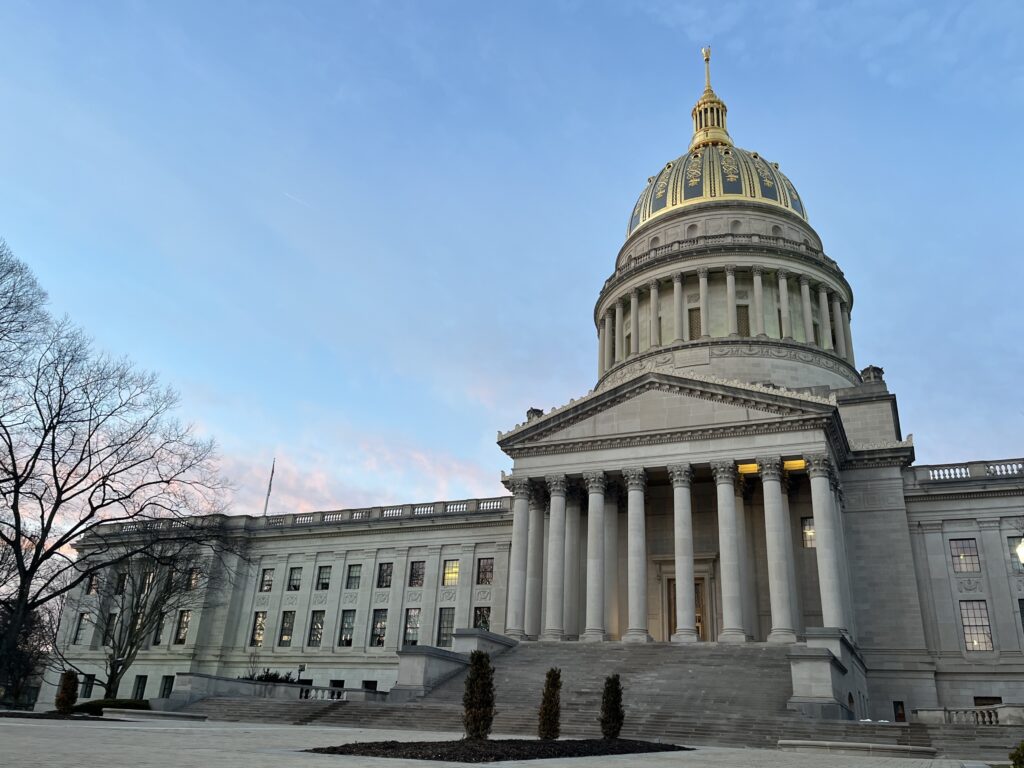A controversial bill that some say reduces transparency in government was considered today in the House of Delegates. The bill affects journalists as well as researchers and members of the public who want access to information.
House Bill 3412 would give the House the ability to exempt itself from Freedom of Information Act (FOIA) Requests. FOIA requests are typically done by filling out a form asking for specific information. If that FOIA request is denied, or not complied with, individuals can go to court to challenge the agency’s decision.
The bill’s counsel said emails would be an example of possible exempted information.
Emails can give insight on how the legislative process unfolds, or how lobbyists or special interest groups affect the legislative process would no longer be accessible under FOIA.
Del. Clay Riley, R-Harrison, said the bill will clarify the parameters for FOIA requests.
“That’s the problem we’re trying to solve, to give clarity for the public so they know what they’re requesting,” Riley said.
Speaker of the House Del. Roger Hanshaw, R-Clay, said the bill is to clear up confusion about what information falls under the Freedom of Information Act. He is the lead sponsor of the bill that came out of the Rules Committee which he chairs.
“One of the objectives sought to be achieved by this particular piece of legislation is the clarification of what is and is not a legislative record that can actually be reachable by those who seek access to legislative records,” Hanshaw said. “Our current statute doesn’t do it. It doesn’t differentiate in any way between the legislature, the executive branch and the courts.”
Hanshaw said under current law the policies around the Freedom of Information Act are better tailored for the executive branch.
“The intention is not that we exempt the legislature from access to public records. It’s just simply to point out that we’re not the executive branch, and the kinds of records kept in the transaction of legislative business are really not akin to the same kind of records kept by executive branch agencies,” Hanshaw said.
He also said the bill is not intended to reduce transparency, namely with the media.
“We do use that term partners, because we do rely upon the members of the credentialed press and the credentialed media to distribute those positions of the 134 individual members and the bodies collectively,” Hanshaw said.
However the bill would give the current and future House Speakers greater control over the FOIA policies, and would give the public and members of the media less insight into how those rules are drafted.
Del. Larry Kump, R-Berkeley, spoke against the bill, in rhyme.
“I do not like this bill. Do not like it. I do not like it at all. Foxes should not be guarding the hen house. I think this bill should fall,” Kump said.
Del. Shawn Fluharty, D-Ohio, in speaking against the bill, read the beginning of the FOIA that was enacted in 1966.
“The people in delegating authority do not give their public servants the right to decide what is good for the people to know and what is not good for them to know. The people insist on remaining informed so they may retain control over the instruments of government they have created,” Fluharty said. “Sounds like a campaign speech that I guarantee all of you would say and you’re going to vote against it today. Are you kidding me?”
Currently if the legislature wanted to change FOIA policies they would have to do so in the multistep committee process, where stakeholders are granted a chance to weigh in on bills. If this bill passes that would no longer be the case.
Under this bill the leadership within the House of Delegates would decide, in closed door meetings, what information is exempt from FOIA requests. Changes to FOIA policies would take place as house resolutions instead of bills.
The bill will not change any current rules, policies, or practices in the public’s ability to file FOIA requests. It now heads to the Senate.























